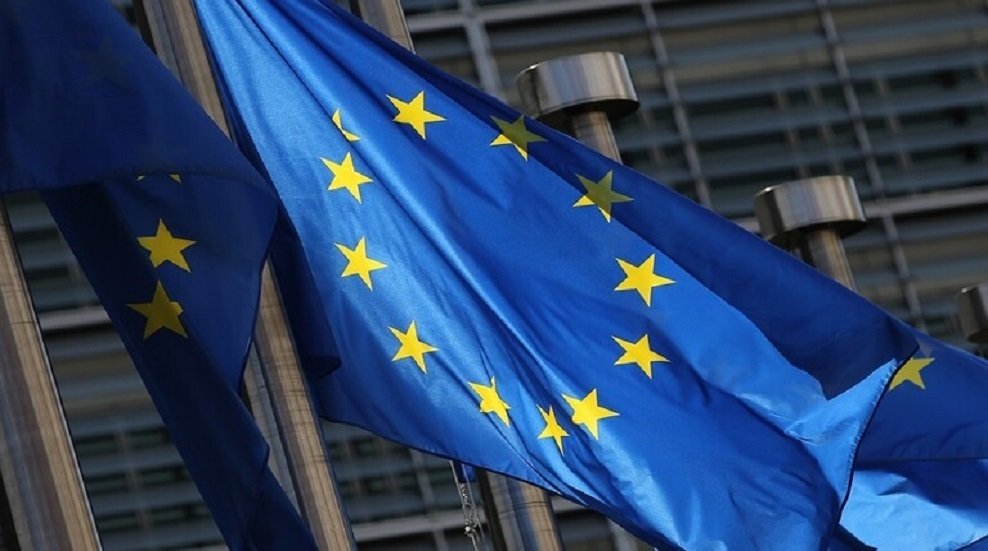Starting Sunday, travellers from outside the European Union will experience a new way of entering Europe’s Schengen area. The European Union has launched its long-awaited automated border check system, marking a significant shift from traditional passport stamping to biometric verification using fingerprints and facial photos.
The new Entry/Exit System (EES) will record when and where non-EU travellers enter and exit the Schengen zone, improving information-sharing among the EU’s 27 member states. Its main objective is to detect overstayers and strengthen border security.
The EES applies to non-EU nationals arriving for short stays in Schengen countries, except Cyprus and Ireland. It also extends to Iceland, Liechtenstein, Norway, and Switzerland. At automated kiosks, travellers will be required to provide their passport number, fingerprints, and a facial photograph.
Phased Rollout to Prevent Travel Disruptions
To minimize delays, the rollout will be gradual. Larger countries like France and Germany will initially conduct limited checks to prevent long queues at airports and train stations. Smaller EU states, however, will have the full system operational from Sunday. By mid-April, all Schengen members are expected to implement automated checks for all passengers.
The United Kingdom, no longer part of the EU after Brexit, is also affected. British nationals will now face slightly longer processing times at Schengen borders. UK authorities have already cautioned that each traveller may experience a few extra minutes of waiting.
Infrastructure for these checks is already in place at key points like London’s St Pancras station and the Port of Dover, where passengers are pre-screened before boarding.
What’s Next: ETIAS Coming Soon
Following EES, the EU plans to introduce ETIAS (European Travel Information and Authorisation System) — an online pre-travel authorization for visa-exempt travellers. Similar to the US ESTA, it will require visitors to complete a form and pay a small fee.
According to the European Commission, EES will help prevent irregular migration and enhance security for everyone travelling to or living in Europe.

